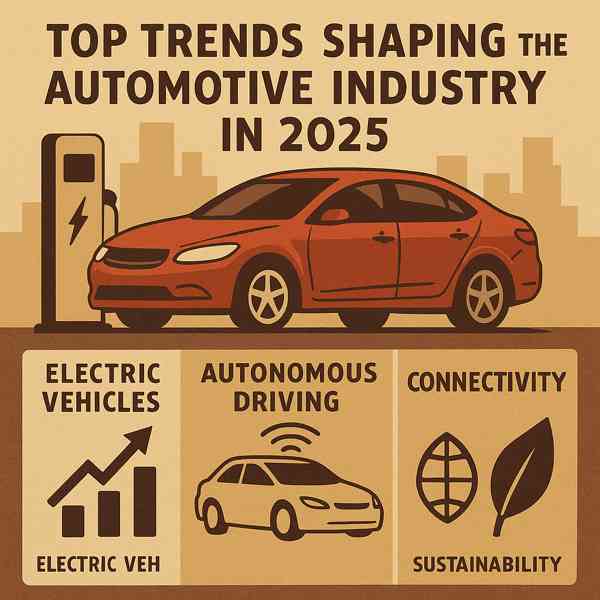
With zero emissions and cutting-edge technology, EVs are quickly becoming a top alternative for personal and commercial travel.
From compact cars and SUVs to trucks and motorcycles, EVs are available in more models than ever.
The Basics of Electric Vehicles
Unlike gasoline-powered cars, EVs produce no exhaust pollution.
Main elements of an electric vehicle:
- Drives the wheels using electricity
- Usually lithium-ion or solid-state
- Controls efficiency and output
- Charging system
Electric vehicles come in various types, such as plug-in hybrids (PHEVs)—each with different levels of electrification.
Why Choose an EV?
Whether you're looking to save money or reduce emissions, EVs offer a compelling option.
What makes EVs attractive:
- Reduced maintenance needs
- No tailpipe emissions
- Less noise and vibration
- Financial perks for EV buyers
For eco-conscious and cost-aware drivers, electric vehicles are an increasingly responsible choice.
Challenges of Electric Vehicles
Despite the growing popularity of EVs, they still face some barriers that buyers should consider.
Common concerns include:
- Limited driving range
- Charging infrastructure gaps
- Higher initial cost
- Replacement can be costly without warranty
As technology advances and infrastructure here improves, many of these challenges are becoming more acceptable.
Exploring EV Variants
EVs vary by power source, range, and usage.
Main types of EVs include:
- Run only on electricity
- Electric motor with backup gasoline engine
- Combines electric and gas power but cannot plug in
- Fuel Cell Electric Vehicles (FCEVs)
Each type has its pros and cons, so buyers should choose accordingly.
How to Charge Your EV
Charging an electric vehicle is simple once you understand your options.
Main EV charging options include:
- Slow but accessible anywhere
- Level 2 Charging
- Can charge 80% in under an hour
- Wireless or inductive charging (emerging tech)
As public charging networks expand, EV owners will enjoy even more accessibility and peace of mind.
What’s Next for EVs?
As governments push for cleaner energy and manufacturers invest in innovation, the future of EVs looks unavoidable.
Next-generation EV developments:
- Solid-state battery technology
- Turning cars into energy assets
- Autonomous electric vehicles
- More choices at lower prices
As innovation continues, EVs will become more efficient, affordable, and widespread.
Final Thoughts on Electric Vehicles
Electric vehicles represent a major shift in how we think about energy use.
From environmental benefits to cutting-edge tech, electric vehicles offer a exciting alternative to traditional cars.
Comments on “Exploring Electric Vehicles: How They’re Changing the Auto Industry”